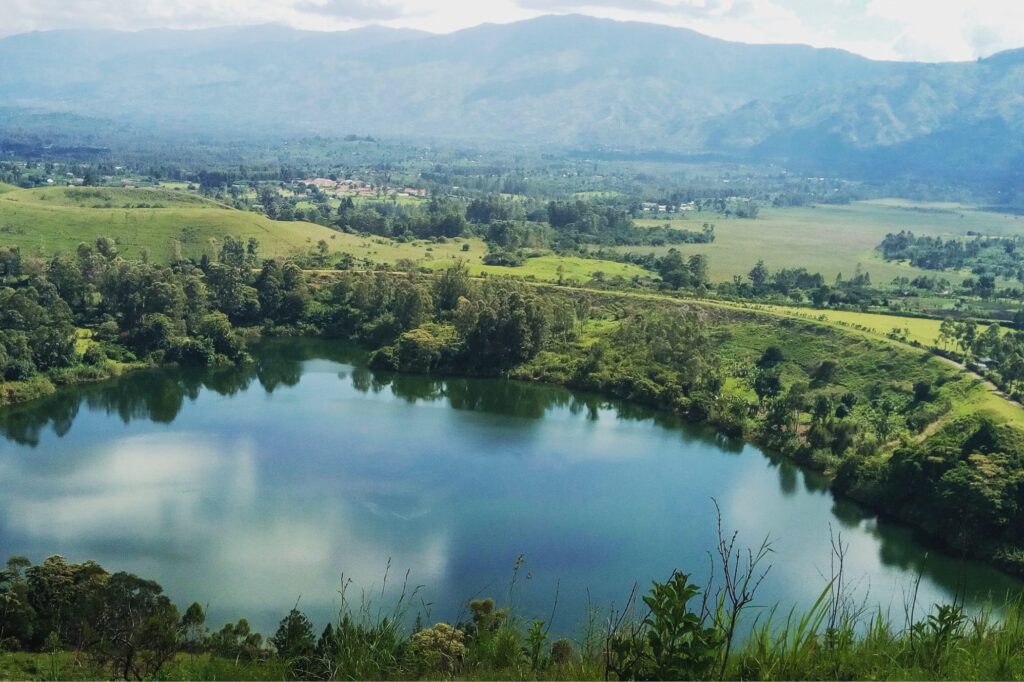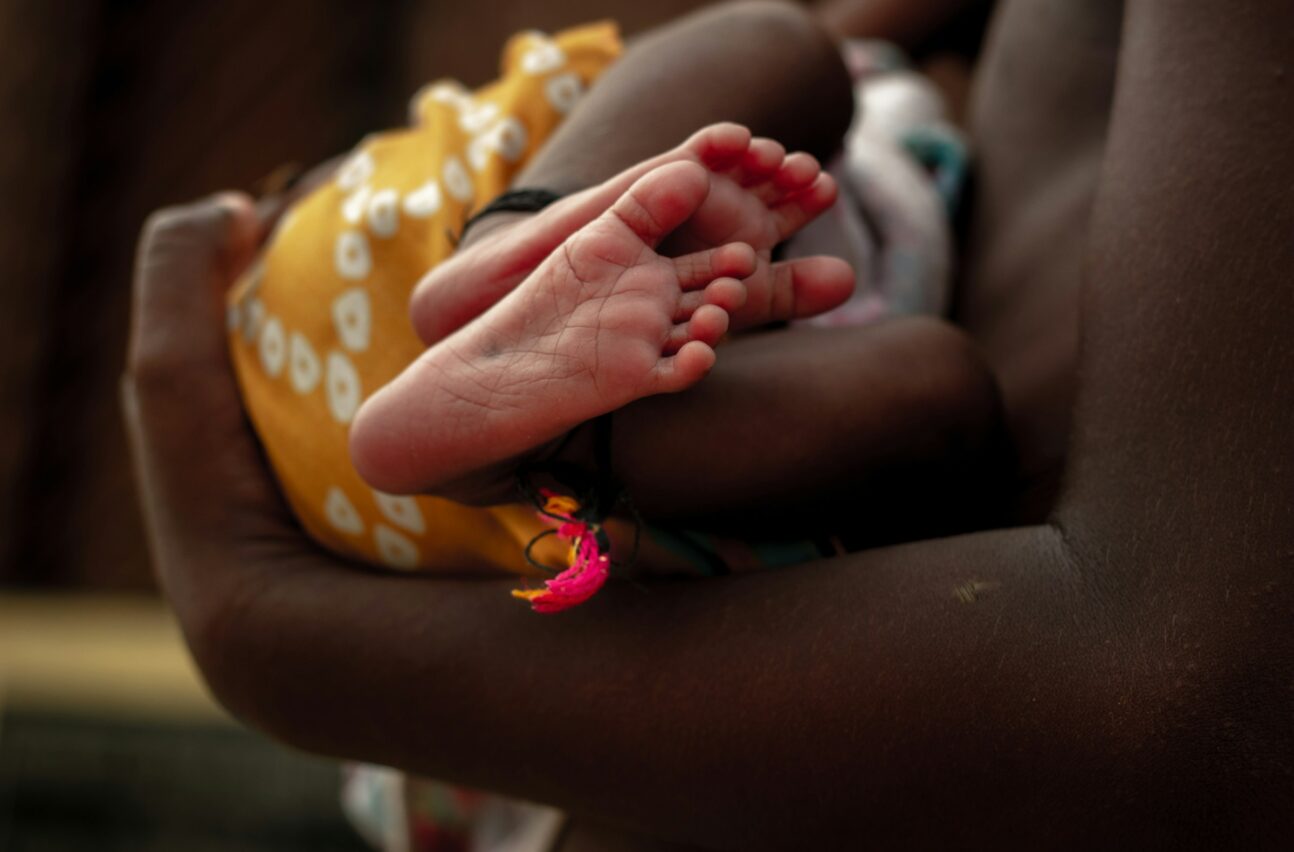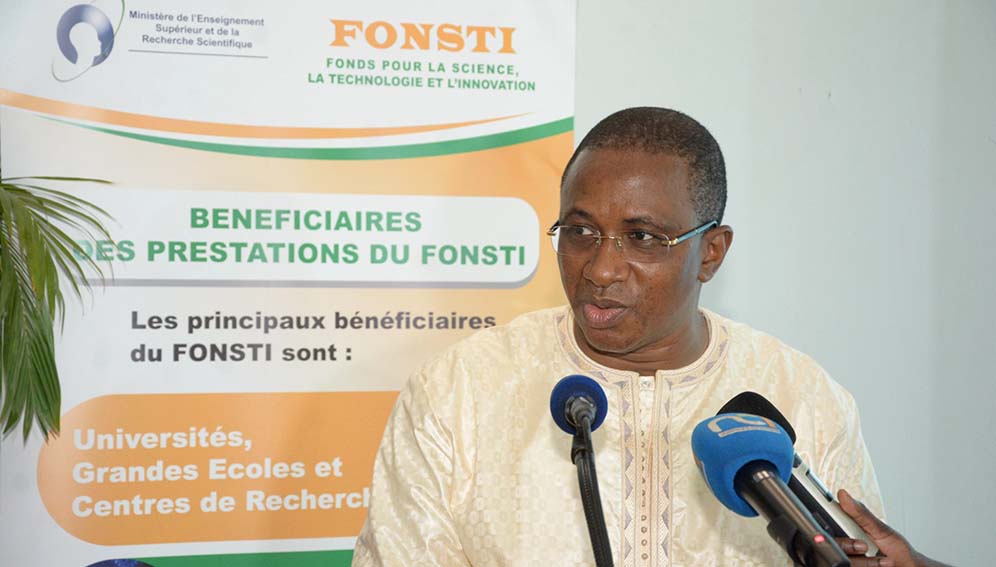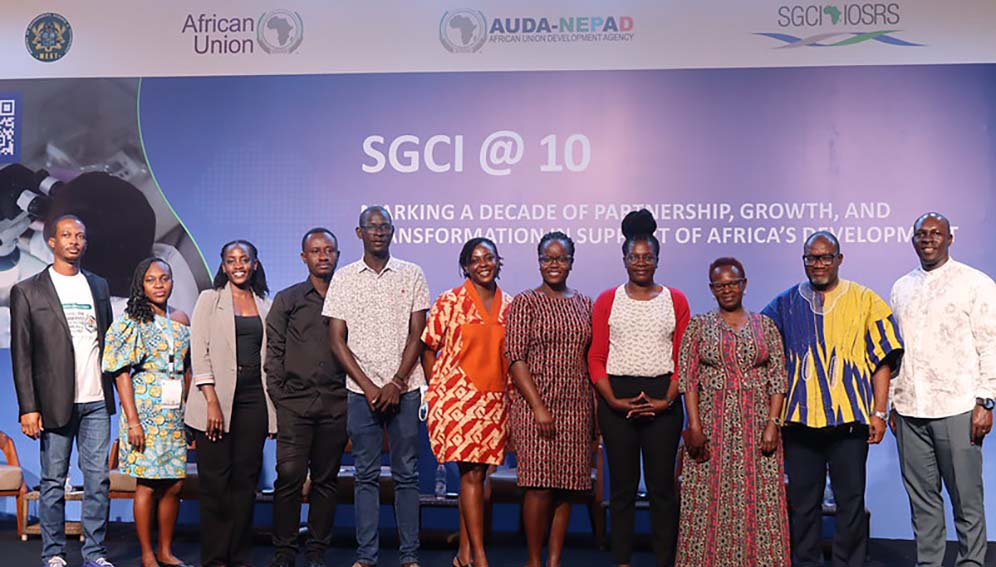Kenya
Science Granting Council
Summary
To mobilize resources for research, capacity development, dissemination of findings and maintenance of inventory for the advancement of Science Technology and Innovation for Sustainable National DevelopmentCouncil details
The National Research Fund (NRF) in Kenya advances science, technology, and innovation (STI) for sustainable national development. It operates under the Ministry of Education’s State Department for Higher Education and Research, overseeing funding for Kenya’s STI system.
The NRF mobilises and manages financial resources from government, private sector, venture capital, and development partners to fund research. It works alongside two key sister agencies: National Commission for Science Technology and Innovation, which regulates STI, and Kenya National Innovation Agency, which supports research commercialisation.
A key focus of the NRF is funding postgraduate research and strengthening institutions, especially universities, across the country.
Strengthening Research Through SGCI
The NRF has been part of the Science Granting Councils Initiative (SGCI) since 2018 and joined both SGCI Phase I and II. Participation in SGCI has boosted NRF’s capacity in research funding, grant management, and science policy development.
Through SGCI, staff have received targeted training in monitoring and evaluation, intellectual property rights, gender equality, and science communication. These efforts have improved how the NRF designs, evaluates, and communicates research outputs to maximise impact.
Hosting the SGCI Annual Forum and GRC Meeting 2023
In 2023, Kenya hosted the SGCI Annual Forum and Global Research Council (GRC) Meeting in Nairobi. Organised by National Research Fund, the event brought together research leaders, funders, and policymakers from Africa and around the world.
The forum encouraged sharing of best practices, building partnerships, and addressing global research challenges collaboratively.
Leadership Perspective: Driving Kenya’s Research Future
In a recent interview, Professor Dickson Andala, CEO of NRF, reflected on the organisation’s progress since becoming operational in 2013. He highlighted SGCI’s role in building institutional capacity and strengthening local and international collaboration.
He also noted that SGCI has helped Kenya expand its global research visibility and align with international research standards. The NRF remains dedicated to supporting innovation through strategic funding, partnerships, and knowledge exchange. With continued SGCI support, NRF aims to grow Kenya’s STI ecosystem and support Africa’s sustainable development.
Impact we’re having
Stories of change
Low-tech health app engages
Five years after its launch, PENSA – a mobile app developed in Mozambique— has been accessed by…
SGCI funded projects
Kenyan Universities develop solutions for tungiasis, neonatal care, food security
Project Titles & Institution Areas of Research: Food/ nutritional security, and health Number of Projects being funded: 3 multi-institutional 2-year projects including private enterprises Project Duration: 18 months Grant Amount: 14M – 15M KES In-Kind…
Related News
The FONSTI mag: A new era for science storytelling in Côte d’Ivoire
Effective research communication is central to ensuring that science informs policy, reaches communities, and inspires the next generation of scientists. Science Granting Councils Initiative (SGCI), members are increasingly experimenting with creative, people-centred ways of making research more visible, accessible, and relevant beyond academic circles and…
Advancing STI systems through Kenya’s silicon savannah
The National Research Fund (NRF) leadership, last week, joined the principal secretary of the State Department for Science, Research and Innovation, Haukat Abdulrazak, on a strategic visit to Konza Technopolis, Kenya’s flagship innovation ecosystem and a cornerstone of the country’s ambition to become a knowledge-based…
SGCI 2026: Strengthening science granting councils for leadership
As African countries confront increasingly complex development challenges ranging from climate change and health security to food systems, digital transformation, and economic diversification, the need for strong, responsive national science funding institutions has never been more urgent. Science granting councils sit at the centre of…





